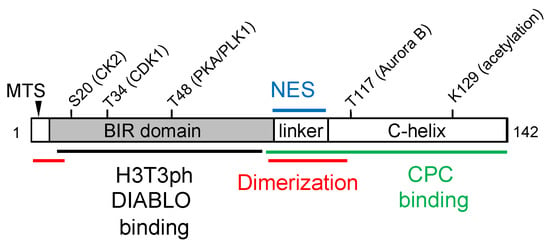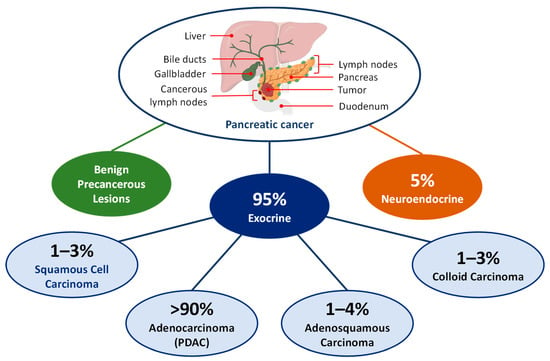Innovations in Cancer Drug Development Research
A topical collection in Cancers (ISSN 2072-6694). This collection belongs to the section "Cancer Drug Development".
Viewed by 785Editor
Interests: bioactive natural compounds; cancer prevention; phytopharmacology; molecular mechanisms
Special Issues, Collections and Topics in MDPI journals
Topical Collection Information
Dear Colleagues,
This Topical Collection, titled “Innovations in Cancer Drug Development Research”, will bring together groundbreaking research into cancer drug development. Currently, scientists and researchers are exploring revolutionary approaches to enhance the efficacy of cancer treatments and alleviate side effects experienced by patients. Innovations encompass the discovery of new drug targets, the development of more efficient drug delivery systems, and the utilization of advanced technologies and methods, such as gene editing and artificial intelligence, to expedite the discovery and development of new drugs. Through these innovations, researchers will personalize treatments and both gain a better understanding of and learn how to overcome drug resistance, providing cancer patients with more viable and enduring therapeutic options. Ongoing innovative research in this field continues to advance cancer treatments, offering patients greater hope and improved chances of survival.
Original research papers reporting in vitro and in vivo data; authoritative systematic, and perspective reviews; clinical trials; and reports on meta-analysis will be considered. Various relevant topics include, but are not limited to, the following areas:
- Anticancer drug discovery;
- Drug development;
- Chemotherapeutic agents;
- Hormonal agents;
- Targeted agents;
- Immunological agents;
- Preventive therapeutic agents;
- Radiopharmaceuticals;
- Combination therapies;
- Structure–activity relationship;
- Dereplication and molecular networking;
- Pharmacokinetics of anticancer agents;
- Emerging hallmarks;
- Precision medicine;
- Personalized therapy;
- Artificial intelligence.
Prof. Dr. Anupam Bishayee
Collection Editor
Manuscript Submission Information
Manuscripts should be submitted online at www.mdpi.com by registering and logging in to this website. Once you are registered, click here to go to the submission form. Manuscripts can be submitted until the deadline. All submissions that pass pre-check are peer-reviewed. Accepted papers will be published continuously in the journal (as soon as accepted) and will be listed together on the collection website. Research articles, review articles as well as short communications are invited. For planned papers, a title and short abstract (about 100 words) can be sent to the Editorial Office for announcement on this website.
Submitted manuscripts should not have been published previously, nor be under consideration for publication elsewhere (except conference proceedings papers). All manuscripts are thoroughly refereed through a single-blind peer-review process. A guide for authors and other relevant information for submission of manuscripts is available on the Instructions for Authors page. Cancers is an international peer-reviewed open access semimonthly journal published by MDPI.
Please visit the Instructions for Authors page before submitting a manuscript. The Article Processing Charge (APC) for publication in this open access journal is 2900 CHF (Swiss Francs). Submitted papers should be well formatted and use good English. Authors may use MDPI's English editing service prior to publication or during author revisions.
Keywords
- drug resistance
- novel drug formulation
- novel drug delivery








